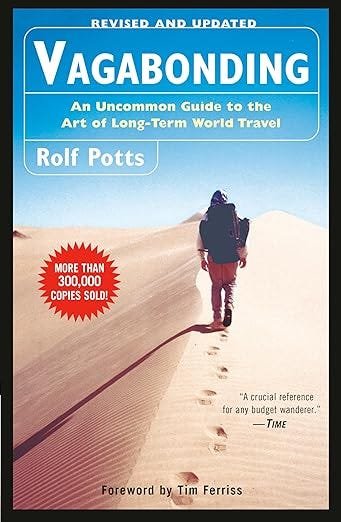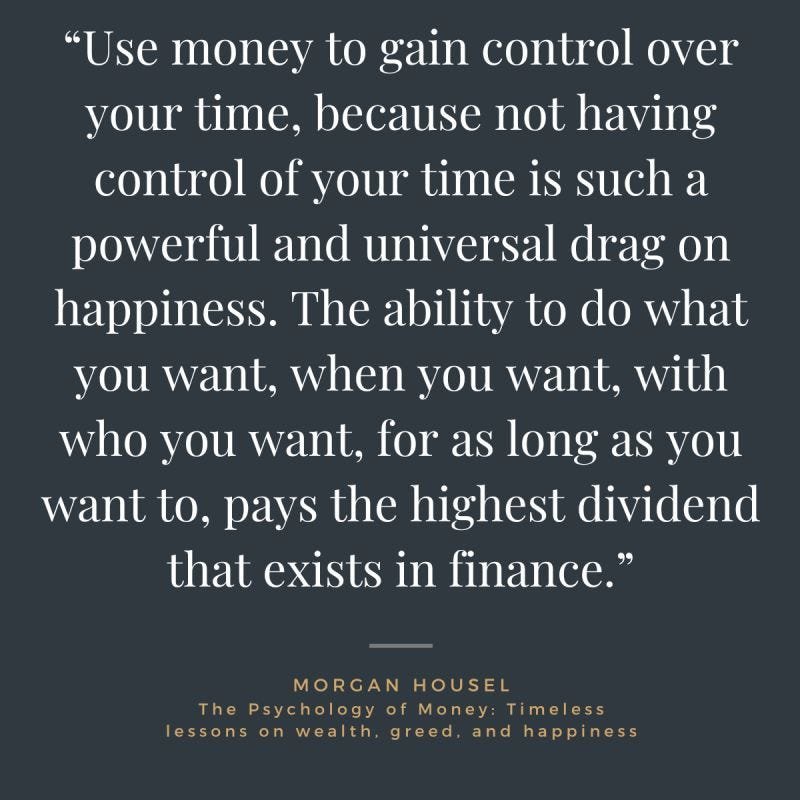On Stuff.
Visual by Gemini Advanced
A colleague and friend recently asked a question:
Do we own stuff or does stuff own us?
His family was in the midst of a career driven move and a lot of the discussion had to do with stuff.
Does one sell or rent or keep a home empty.
If one sells it or rents it what to do with all the stuff inside. And the cars and …
This is a very Western and particularly American issue given that in many parts with hundreds of millions lacking basic necessities but a widespread issue.
The average American household contains 300,000 items; the U.S. has only 3.1% of the world’s children but 40% of the world’s toys; and Americans spend $1.2 trillion annually on non-essential items — ie, items they don’t need.
According to the Organizer Chicks Blog:
“In 1960, the average family had 2.4 children, and the average home was around 1,100 square feet. By 2010, the average American family had only 0.9 children and 2,300 square feet. So, as a country, we have fewer people living in more square feet than ever before.”
There is a famous law called “Parkinsons Law” which states that the duration of tasks expand to fill their allotted time spans, regardless of the amount of work to be done.
Work expands to fit time available.
The same thing has happened with space. According to the National Association of Productivity and Organizing, 75% of American households can’t park even 1 car in their two-car garage.
This has made self-storage a huge industry in the US with 39 billion dollars of revenue and it is enjoying exploding growth:
In 2022 there were more self-storage facilities (52,786) than the combined locations of some of the largest restaurant chains in the United States. (This suggests a new chain should open with self-serve facilities in every storage facility and we may have the next McDonalds or Starbucks created in a hurry).
Unfortunately there is little co-relation between stuff and happiness. In fact there appears to be a negative co-relation as people a) compare their stuff with other peoples stuff, b) are tied down by their stuff..almost a legacy cost that keeps them rooted, c) have to pay a lot in increased rent or mortgage to house their stuff and d) apparently spend 17 minutes a day finding what they want among the stuff they have.
Thus the popularity of Marie Kondo and their ilk.
The irony is now we are surrounded by too much Marie Kondo and she also sells stuff!
Merchandise or “Merch” is the currency of the social media age.
Another Philosophy.
One of my favorite books is called Vagabonding and one of my most popular posts was on the philosophy of Vagabonding.
Vagabonding is an outlook on life.
Vagabonding is about using the prosperity and possibility of the information age to increase your personal options instead of your personal possessions.
Vagabonding is not a lifestyle, nor is it a trend. It’s an uncommon way of looking at life-a value adjustment from which action naturally follows. And as much as anything, vagabonding is about time-our only real commodity-and how we choose to use it.
Among the best if not the single best book on wealth is Morgan Housel’s “Psychology of Wealth”. If you have not read it you are truly missing out on a combination of wealth and life wisdom written with such a fusion of intelligence, insight, illumination and inspiration that you are unlikely to look at money, finance and wealth in the same way ever again.
There are many many lessons and practical applications in the book but a key underlying message is simply one word.
Enough.
Here is one story:
“At a party given by a billionaire on Shelter Island, Kurt Vonnegut informs his pal, Joseph Heller, that their host, a hedge fund manager, had made more money in a single day than Heller had earned from his wildly popular novel Catch-22 over its whole history. Heller responds, “Yes, but I have something he will never have … enough.” Enough. I was stunned by the simple eloquence of that word—stunned for two reasons: first, because I have been given so much in my own life and, second, because Joseph Heller couldn’t have been more accurate. For a critical element of our society, including many of the wealthiest and most powerful among us, there seems to be no limit today on what enough entails.”
― Morgan Housel, The Psychology of Money






